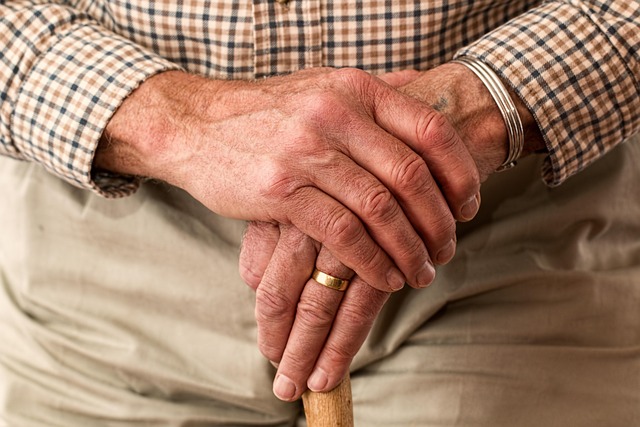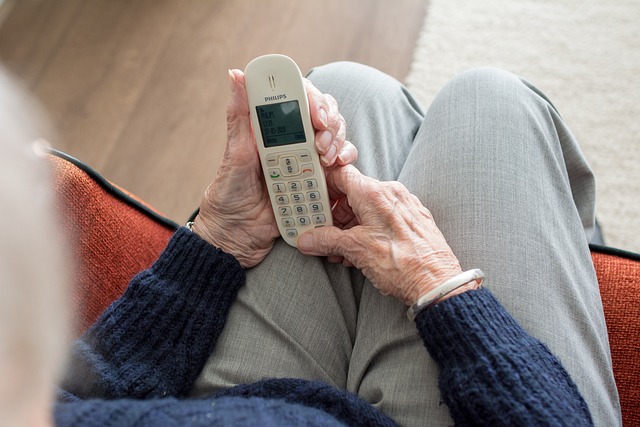Elderly Companion Services provide personalized support for seniors at home, preserving independence while assisting with daily tasks like meal prep and medication reminders. These services offer emotional and social support, combat isolation, encourage physical activity, and promote healthy eating, enhancing overall well-being. Integrating technology for regular check-ins and vital sign tracking further improves care efficiency and accessibility, enabling early detection of health changes for timely interventions.
In-home health monitoring assistance is transforming senior care, offering a supportive approach tailored to individual needs. Understanding elderly companion services is crucial for fostering independent living while ensuring safety and well-being. This article explores the benefits of in-home health monitoring for seniors, delving into the strategies and technologies enhancing quality of life. By leveraging these advancements, we can create a more inclusive and caring environment for our aging population. Elderly companion services are evolving to meet modern challenges, providing peace of mind for families and improved lives for seniors.
- Understanding Elderly Companion Services: A Supportive Approach
- Benefits of In-Home Health Monitoring for Seniors
- Enhancing Quality of Life: Strategies and Technologies Used in Home Care Assistance
Understanding Elderly Companion Services: A Supportive Approach

Elderly Companion Services offer a supportive approach for seniors who require assistance in their homes while maintaining their independence. These services pair elderly individuals with trained companions who can help with daily tasks, such as meal preparation, medication reminders, and light housekeeping. The goal is not to replace family or professional care but to provide a helping hand and enhance the quality of life for those who need it.
By offering Elderly Companion Services, families can rest assured that their loved ones are being cared for in a familiar and comfortable environment. Companions are often chosen based on shared interests or cultural backgrounds, fostering a sense of connection and trust. This approach not only ensures the physical well-being of seniors but also addresses the emotional and social aspects of aging at home, making it an integral part of modern in-home health monitoring assistance.
Benefits of In-Home Health Monitoring for Seniors

In-home health monitoring assistance offers a multitude of benefits for seniors, enhancing their quality of life and ensuring their safety and well-being. By providing continuous observation within familiar surroundings, this service can detect early signs of deterioration or emergencies, allowing prompt intervention. This is especially crucial for those with chronic conditions who require regular medication management and vital sign tracking.
Moreover, elderly companion services facilitate social interaction and combat feelings of isolation, which are common issues among the aging population. The presence of a caring companion can encourage physical activity, promote healthy eating habits, and provide mental stimulation, ultimately improving overall health and independence. This personalized care approach creates a comfortable environment, allowing seniors to maintain their routines while receiving expert assistance tailored to their unique needs.
Enhancing Quality of Life: Strategies and Technologies Used in Home Care Assistance

In-home health monitoring assistance plays a pivotal role in enhancing the quality of life for the elderly, offering them the comfort and independence of staying in their familiar surroundings while ensuring their well-being. This approach is particularly beneficial for those who require ongoing care but wish to avoid the constraints of a healthcare facility. Strategies employed by elderly companion services involve regular check-ins, monitoring vital signs using wearable devices, and providing assistance with daily tasks.
Technological advancements have significantly contributed to this field, offering remote patient monitoring systems that track health indicators such as heart rate, blood pressure, and sleep patterns. These innovative solutions enable healthcare providers to detect changes or anomalies early on, allowing for prompt intervention and better management of chronic conditions. By integrating technology into elderly companion services, care becomes more efficient, personalized, and accessible, ultimately improving the overall quality of life for seniors in their homes.
In-home health monitoring assistance, powered by Elderly Companion Services, offers a supportive approach to enhancing the quality of life for seniors. By leveraging advanced technologies and strategies, this care model provides peace of mind while allowing individuals to age comfortably in their own homes. The benefits are clear: improved safety, increased independence, and better overall well-being. As we navigate an aging population, these services are becoming increasingly vital, ensuring that folks receive the personalized attention they need in a familiar and comfortable setting.
